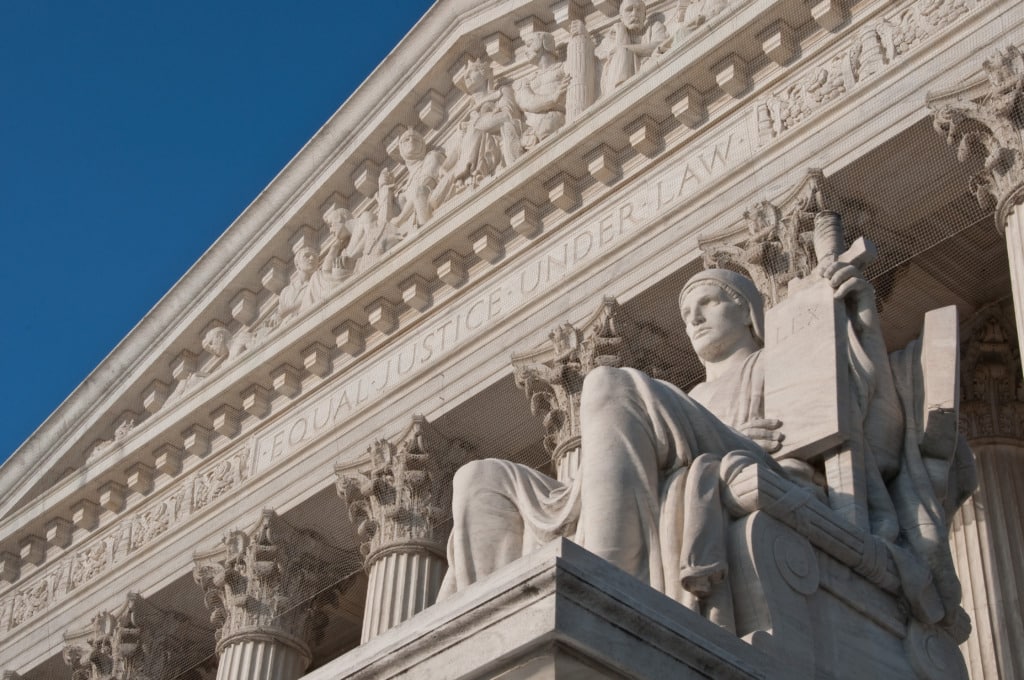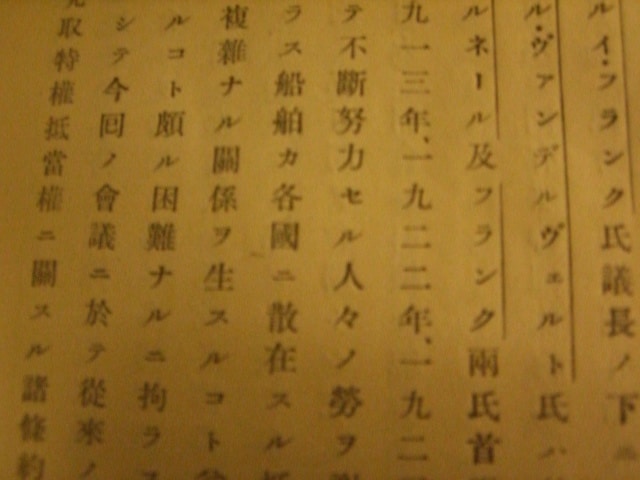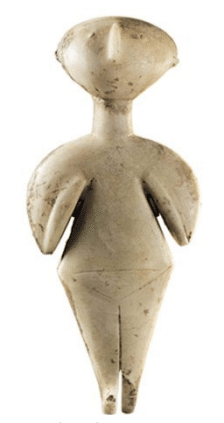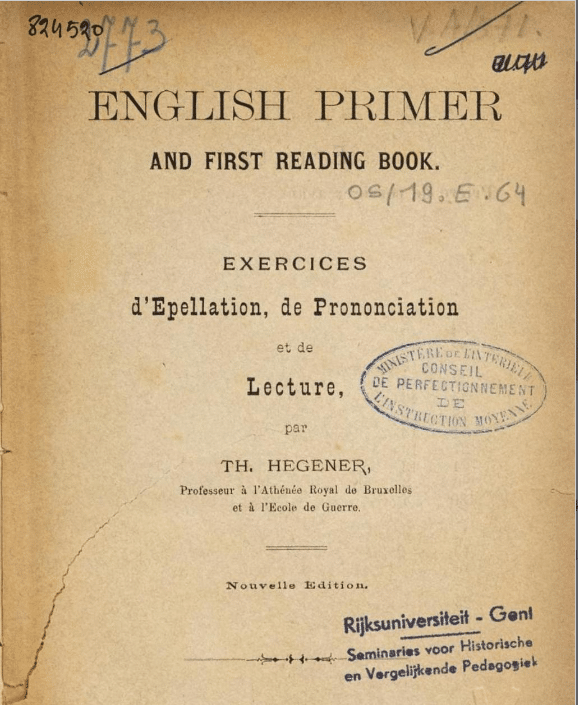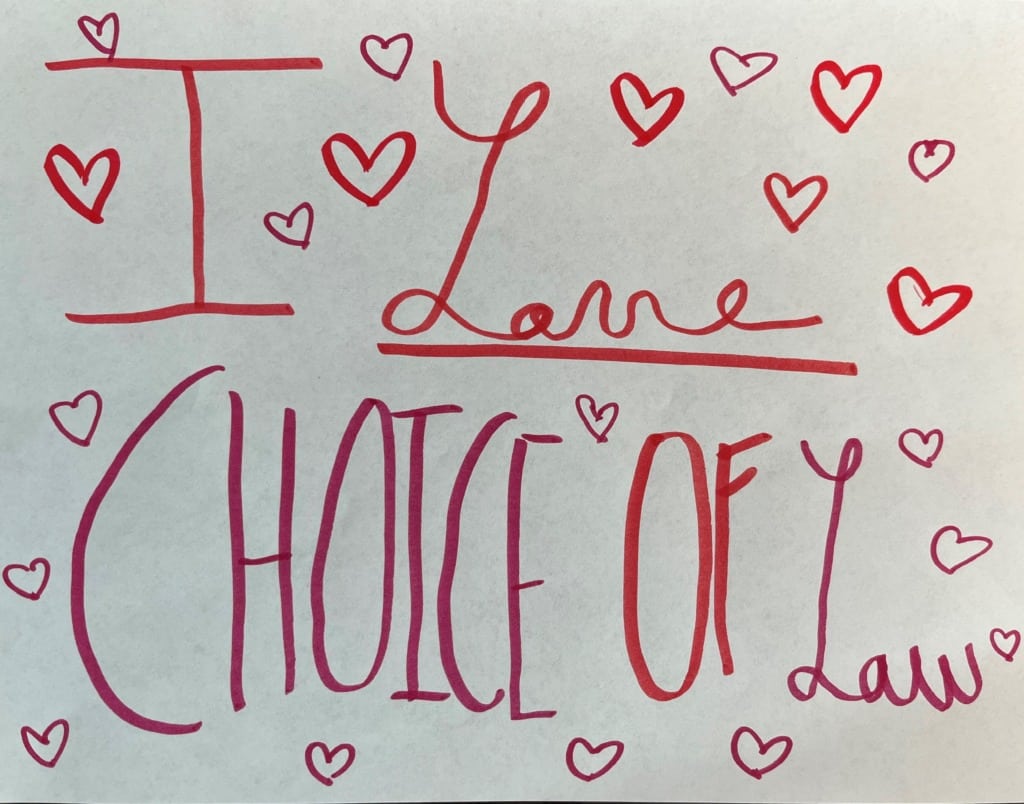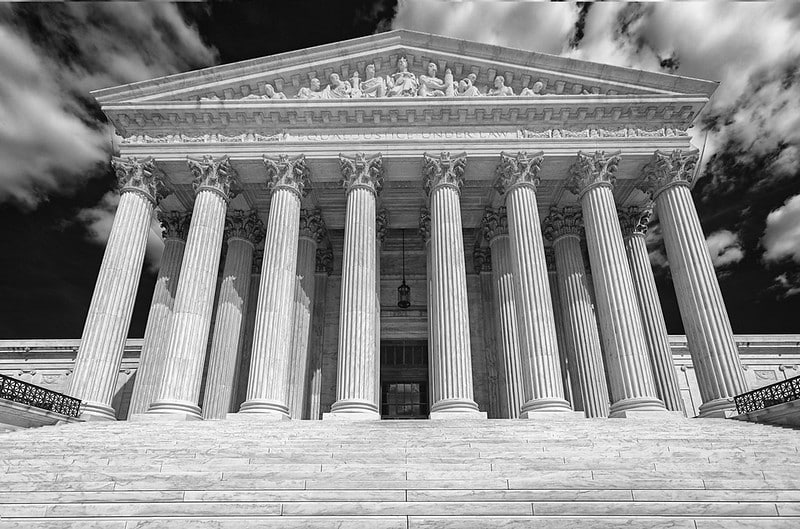Federal Law and Choice-of-Law Reform
How much should federal law have to say about the choice-of-law rules used by federal courts in diversity cases? In Klaxon v. Stentor Electric Manufacturing Co., Inc., the U.S. Supreme Court held that federal courts sitting in diversity should apply the choice-of-law rules prevailing in the states in which they sit. This post defends the…
Continue ReadingThe Homeward Trend in Chinese Choice-of-Law Cases
One of the characteristics of transnational litigation is that there is generally more than one forum in which the suit may be brought. Although TLB focuses primarily on transnational litigation in U.S. courts, it can sometimes be useful to look at what is going on in other systems where litigation might instead be filed. A…
Continue ReadingChoice-of-Law Statutes?
American choice of law relies primarily on common law methods that differ from state to state. Determining the relevant law when a dispute has a connection to more than one state can be difficult. When the dispute is transnational, the difficulties increase, particularly if the forum state’s choice-of-law rules incorporate a home-state bias. Oregon’s response…
Continue ReadingWho Owns the Stargazer?
Claims relating to the ownership of movable property generate an impressive amount of transnational litigation. In April 2022, the U.S. Supreme Court decided a long-running case about the ownership of a painting that had been expropriated by the Nazis in 1939. In July 2022, the U.S. District Court for the Northern District of New York…
Continue ReadingA Primer on Choice of Law
Choice-of-law rules are used to determine the rights, duties, and liabilities of persons involved in a case with a connection to more than one jurisdiction. In the United States, most choice-of-law rules are state law; the federal government rarely legislates in this area. Courts in the United States apply the same choice-of-law rules to international…
Continue ReadingThrowback Thursday: Forty Years of the Bancec Test
The Supreme Court’s 1983 decision in First National City Bank v. Banco Para El Comercio Exterior de Cuba was saddled with a cumbersome mouthful of a title, one confusingly similar to a 1972 opinion in another important case, First National City Bank v. Banco Nacional de Cuba. Fortunately, the 1983 decision was quickly dubbed Bancec, an…
Continue ReadingChoice of Law in the American Courts in 2022
The thirty-sixth annual survey on choice of law in the American courts is now available on SSRN. The survey covers significant cases decided in 2022 on choice of law, party autonomy, extraterritoriality, international human rights, foreign sovereign immunity, foreign official immunity, the act of state doctrine, adjudicative jurisdiction, and the recognition and enforcement of foreign…
Continue ReadingNew Paper on Bias in Choice of Law
Dan Klerman has a new paper, Bias in Choice of Law: New Empirical and Experimental Evidence, that seeks to determine the extent to which U.S. courts exhibit bias when applying modern choice-of-law rules. The paper draws upon a dataset of choice-of-law cases involving automobile accidents decided between 1963 and 2018 and relies on regression analysis…
Continue ReadingSinger on Personal Jurisdiction Law and Choice-of-Law Doctrine
Professor Joseph Singer has a terrific new article that is well worth reading. In Hobbes & Hanging: Personal Jurisdiction v. Choice of Law, published in the Arizona Law Review, he writes about the contradictions between personal jurisdiction law and choice-of-law doctrine in the United States. He argues that personal jurisdiction law is one-sided and unbalanced…
Continue ReadingTransnational Litigation Anticipation: Previewing the Court’s Next Term
TLB recently recapped the Supreme Court’s transnational litigation cases from last Term. This post looks ahead to the upcoming Term, for which the Court has already granted certiorari in a personal jurisdiction case that may have implications for transnational litigation. TLB is also tracking several interesting petitions for certiorari in disputes involving the Foreign Sovereign…
Continue Reading